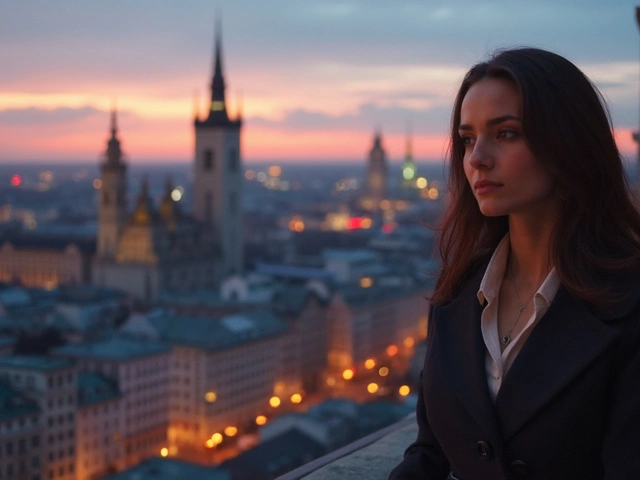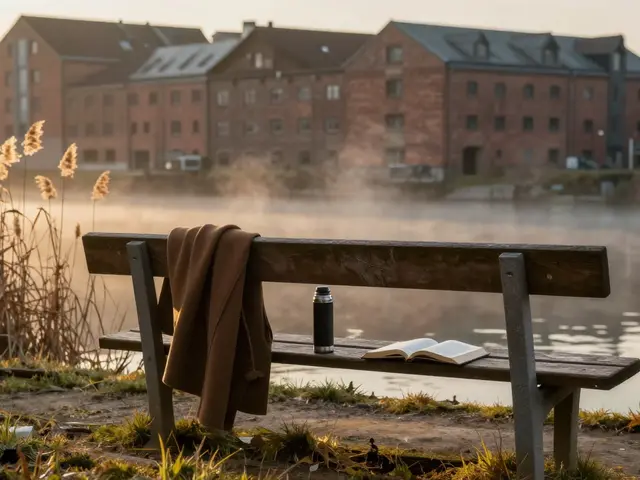The Munich Life of Sibylle Rauch: A Quiet Legacy in the Heart of Bavaria
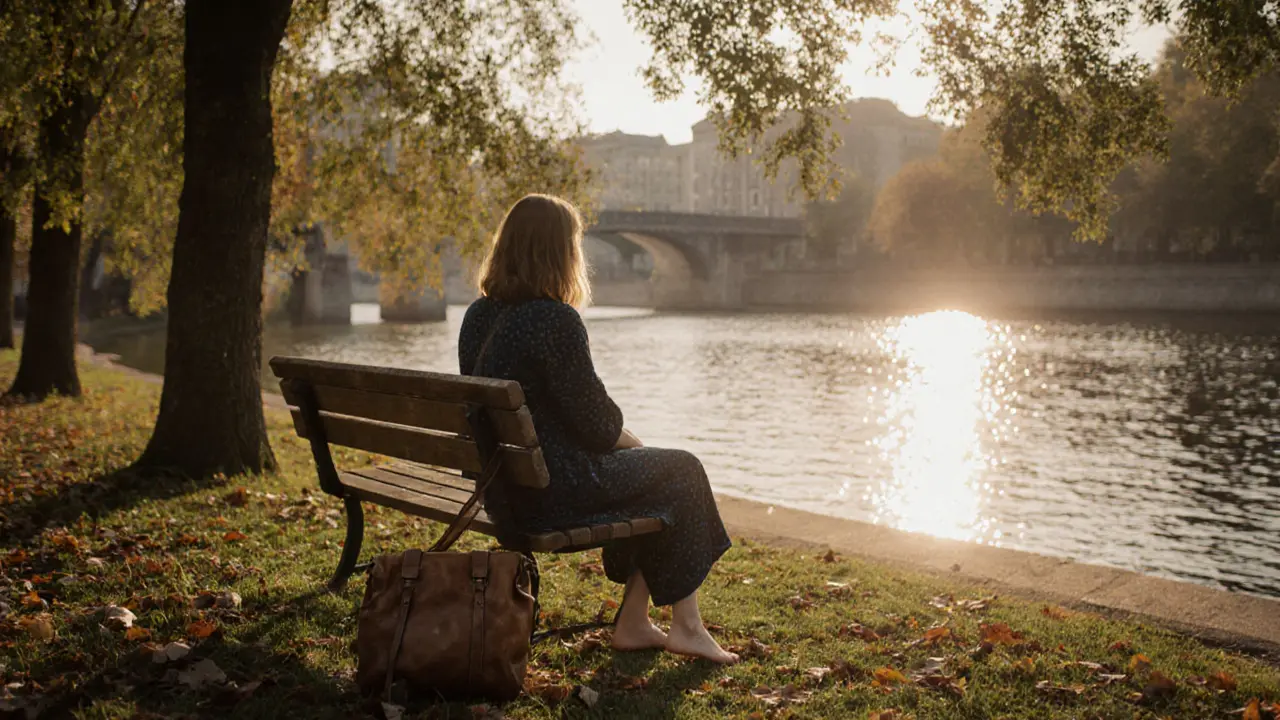
- Maximilian Von Stauffenberg
- 12 November 2025
- 0 Comments
Sibylle Rauch didn’t chase fame. She didn’t need the spotlight to feel alive. In Munich, where the Isar River winds past old stone buildings and beer gardens hum with conversation, she lived a life that was quiet, deliberate, and deeply rooted. You won’t find her name on every list of 1970s German film stars, but those who knew her - the directors, the neighbors, the baristas at the café on Schleißheimer Straße - remember her differently. Not as a star, but as a presence.
Early Days in Munich
Sibylle Rauch moved to Munich in the late 1960s, just after finishing her acting training at the Munich Theatre Academy. She wasn’t from the city. She grew up in a small village near Augsburg, where her father worked as a carpenter and her mother taught piano. Munich was loud, fast, and full of possibility. It was also the center of a new wave of German cinema - one that rejected the old, polished films of the past and embraced raw, honest storytelling.
She landed her first role in 1971 in Die Zwei von der Straße, a low-budget film shot on location in the Schwabing district. It wasn’t a hit. But it caught the eye of a few critics who wrote about her "unforced authenticity." That phrase stuck. She didn’t act. She simply was. Her voice was soft. Her movements were slow, like someone who had learned to listen before speaking. In a time when many actresses were pressured to be glamorous, Sibylle wore jeans, carried a worn leather bag, and rarely wore makeup on set.
The Films She Made
Over the next six years, she appeared in eight feature films and a handful of TV dramas. Most were directed by lesser-known auteurs who valued mood over plot. She played a factory worker in Der letzte Tag der Woche (1973), a woman grieving her husband in Die Stille nach dem Sturm (1975), and a librarian who secretly writes poetry in Die Bücher der Nacht (1976). None of these films were box office successes. But they became cult favorites in film circles.
Her most memorable performance came in 1977’s Die Wiese am Fluss, where she portrayed a woman who spends her days walking along the Isar, observing strangers, and never speaking a word. The film had no dialogue for 22 minutes. Critics called it "a silent symphony." Sibylle never watched the premiere. She was in the Alps, hiking alone.
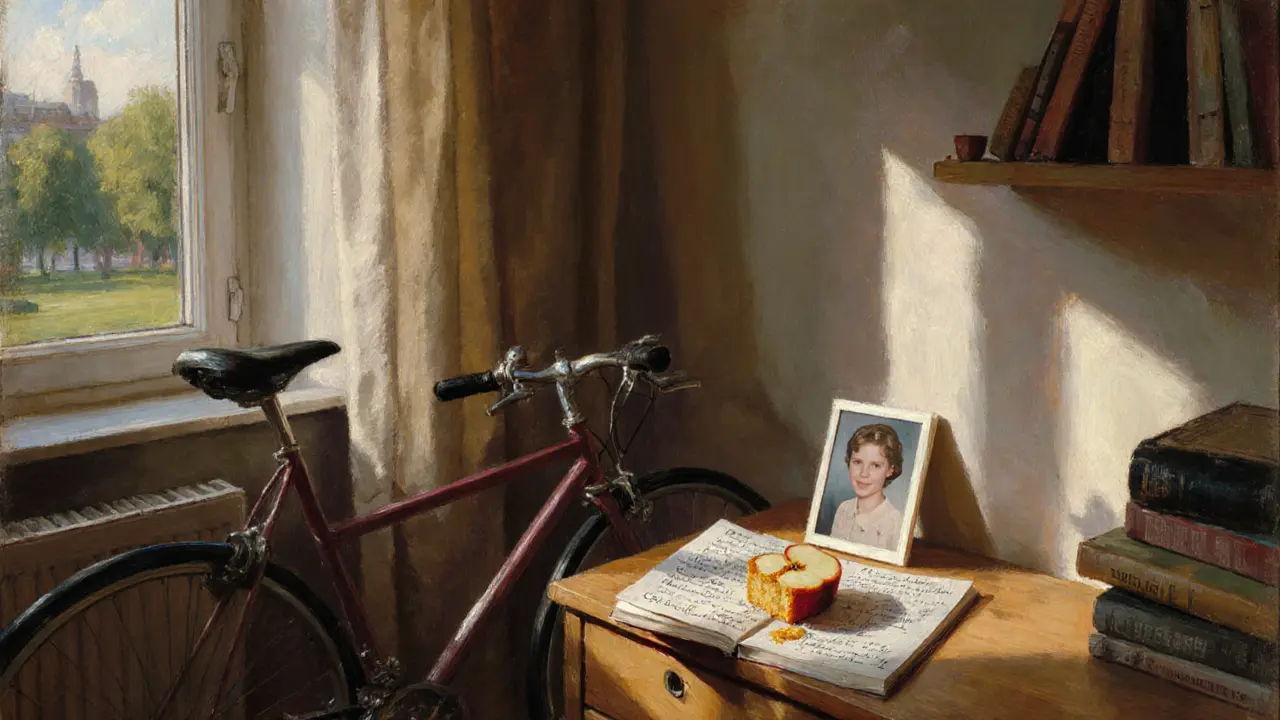
Life Outside the Camera
By 1978, she had stopped taking roles. Not because she was offered none - she was, often. But she said she was tired of pretending. "I don’t want to be someone else for six weeks, then go home and forget who I am," she told a local newspaper in 1979. She rented a small apartment near the Englischer Garten, bought a bicycle, and started volunteering at a community center for elderly immigrants.
She taught German to Vietnamese refugees. She helped organize weekly poetry readings in the basement of the St. Paul’s Church. She baked bread every Sunday and gave loaves to neighbors. No one knew she had been on screen. Not the children she tutored. Not the man who ran the corner bakery. She didn’t hide it - she just didn’t mention it. It wasn’t part of her identity anymore.
The Munich She Loved
Sibylle Rauch didn’t travel much. She didn’t need to. She knew every bench in the Englischer Garten, every hidden alley behind the Viktualienmarkt, the exact time the sun hit the facade of the Frauenkirche in winter. She kept a notebook where she wrote down the names of trees - linden, chestnut, oak - and the dates they bloomed. She collected postcards from strangers who mailed them to her from around the world. She never replied, but she kept them all.
She was a regular at the Café Luitpold, where the owner, Hans Weber, remembered her ordering the same thing every day: black coffee, no sugar, a slice of apple cake. He once asked her why she never changed. She smiled and said, "Because I like the way it tastes. And because I like the way the chair creaks when I sit down. Change would break that."
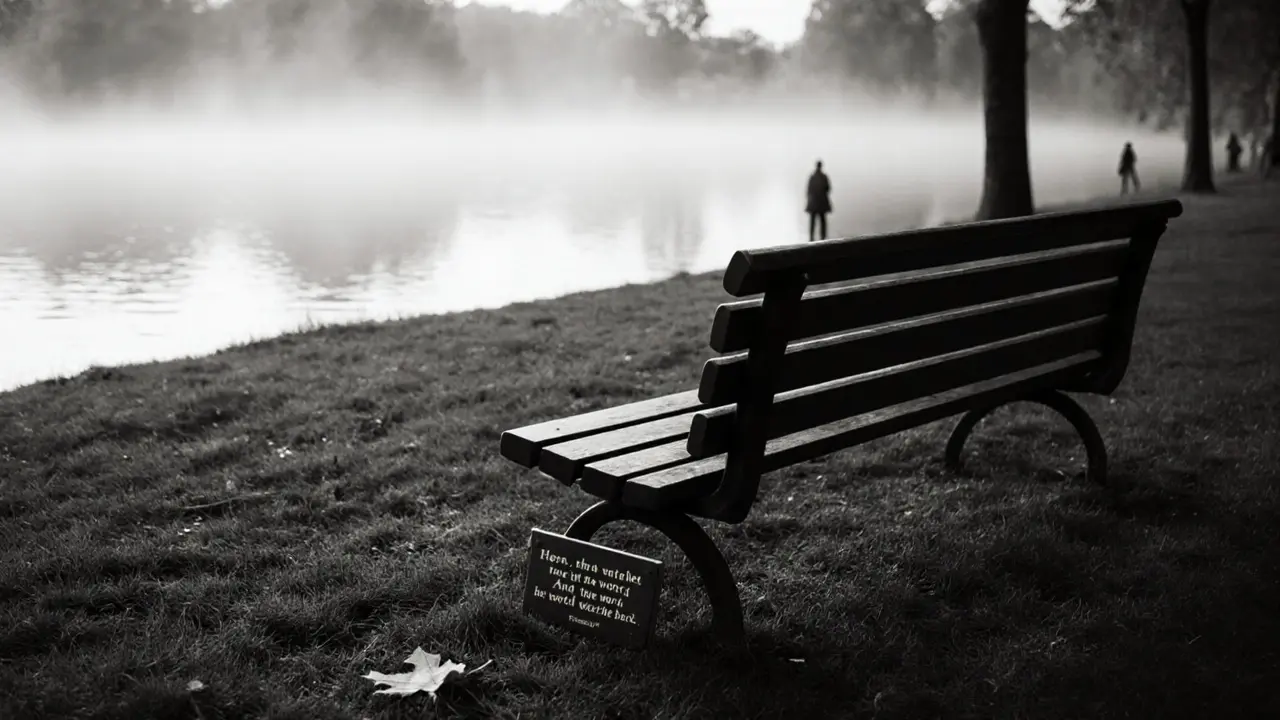
Her Quiet End
Sibylle Rauch died on March 14, 2003, at the age of 58. She had been ill for months but refused to go to the hospital. She stayed in her apartment, surrounded by books, her bicycle leaning against the wall, and a single photograph of her as a young woman, taken on the set of Die Wiese am Fluss. She didn’t want a funeral. No obituary was published. No film festival honored her. But on the day she was buried in the Ostfriedhof, over 200 people showed up - neighbors, students she’d taught, refugees she’d helped. No one spoke. They just stood in silence, holding flowers.
Years later, a film student found her notebook in a drawer at the community center. It contained 172 pages of handwritten observations: the way light fell on a wet sidewalk, the sound of a child laughing in the park, the name of the woman who always sat alone at the bakery and never bought anything but a single cookie. The notebook was published in 2018 as Die Stille der Stadt - The Silence of the City. It became a bestseller in Germany. Not because of who wrote it, but because of how it made people feel seen.
Why She Still Matters
In a world that rewards noise, Sibylle Rauch chose stillness. She didn’t want to be remembered as an actress. She wanted to be remembered as someone who lived fully, quietly, and without apology. Her story isn’t about fame. It’s about presence. About choosing to be real, even when no one’s watching.
Today, if you walk through the Englischer Garten on a quiet afternoon, you might see an old bench near the lake with a small wooden plaque. It doesn’t say her name. It just says: "Here, she watched the world. And the world watched back."
Who was Sibylle Rauch?
Sibylle Rauch was a German actress active in the 1970s, known for her subtle, natural performances in independent films. She lived a quiet life in Munich after retiring from acting in the late 1970s, focusing on community work and personal reflection rather than public recognition.
Did Sibylle Rauch ever return to acting?
No. After 1978, she turned down all offers to return to film or television. She felt that acting no longer aligned with how she wanted to live. She preferred the authenticity of everyday life - teaching, baking bread, walking by the river - over performing for cameras.
What films is Sibylle Rauch best known for?
She is best known for her roles in Die Wiese am Fluss (1977), a silent film praised for its emotional depth, and Die Bücher der Nacht (1976), where she played a librarian who writes poetry in secret. These films were never mainstream hits but gained a cult following among fans of European arthouse cinema.
Why didn’t she become more famous?
She didn’t seek fame. She avoided interviews, refused promotional tours, and didn’t engage with the media. While other actresses of her time built careers around public personas, Sibylle prioritized privacy and personal meaning over visibility. Her choices made her an outsider in the industry - but also deeply respected by those who knew her work.
Is there a documentary about her life?
There is no official documentary. However, in 2020, a student film titled Die Frau, die nicht spielte (The Woman Who Didn’t Act) was released, using her notebook entries, interviews with people who knew her, and footage of Munich locations tied to her life. It screened at a few small festivals but never gained wide distribution.
Where can I read her notebook?
Her notebook was published in 2018 under the title Die Stille der Stadt (The Silence of the City). It’s available in German at most major bookstores and online retailers. An English translation was released in 2021 under the same title.


